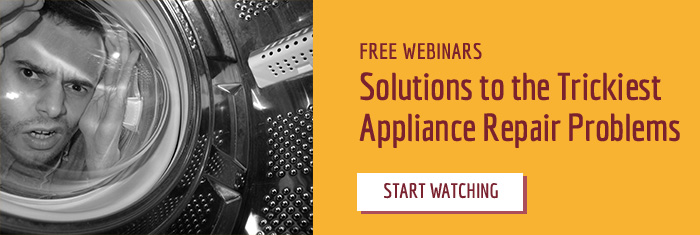Intro
1. Location: Probably one of the most important decisions. You must think about who buys the most used appliances. Typically you want to seat yourself in an urban area, ideally in a poorer community. This has 2 benefits: A: rent, or purchase of space is cheap, B, you are near most of you clientele. Most of your customers will be lower income, nearing poverty level. Finding a location that is generally around other retail stores is a bonus.
In order to make a decent living selling used appliances, you need space.. The more the better. Your showroom should be minimum 1500 sq ft, and you need another that much for testing/ storage etc.. Ideal case would be around 5000 sq ft, one level.
2. Merchandise: Where does one find an ample supply of decent used appliances? Hopefully you will be in a location where the "trucks" (appliance delivery trucks) will just find you. Take care of the good ones. When you see a truck on a street doing a delivery, STOP, give them your card with your cell #. These guys work late, and its not out of the question to meet them at your place at 8pm to unload some treasures. Another option is the companies that "wholesale" used appliances. I personally don't care for it, as you are buying stuff that has already been picked over at least 2 times. Final, and least effective option is to buy the crap off of craigslist. You run the risk of buying utter junk, and potentially buying something full of roaches.
Some of the stuff you get will be beyond repair. Either missing too many parts, or so damaged that it is unsellable. You need to part those machines out and list the parts on ebay, or amazon. etc . The common stuff you should be keeping in inventory. Further, you don't need 100 direct drive motors, thats just hoarding. Keep 5, sell the rest. Money fits a lot nicer in your pocket then electric motors.
DONT STORE BROKEN APPLIANCES! I can't tell you who many dealers I visit boast their mountain of scrap (untested) appliances. Its like "wow, you have 100 broken appliances, you really are going places!" FIX the stuff, clean it, THEN its ok to store. Instead of storing scrap metal, you now have valuable inventory.
Its important to sell ALL major appliances. Stoves, fridge, washer, dryer, dishwasher, microwave, built in appliances, etc. Don't limit yourself to any specific brand, style, etc. I know of a outfit that only sells direct drive washers. I can understand, they are easy to fix, parts are cheap. They would leave the red LG steam washer, which I would in turn buy, clean out the drain pump, and sell for $400. I must admit, GE laundry kind of sucks, but you already know that.
3. Operations: Ok, so you are already a technician ( I hope), How can you sit in a store all day and still get service calls done? If you don't have a spouse, or family member to watch the store while you are out, hire someone. This is the tricky part, and truth is, the hardest part about being a small business owner. People are lazy, stupid, and worse, you could hire a thief. Hiring the right people is difficult. Just remember, the next one is always better than the last one.
You need to manage your time effectively. When you first open, you aren't making enough money to quit your day job, so you continue to do that. You have to juggle running a store, keeping your day job, and still finding time to fix appliances. ( and still exist to your family too) The thing lis this: your store will fail if you don't put enough time in to it. If you are not willing to work morning until night, 7 days a week, (initially) don't bother.
Delegating responsibility is paramount. You can't do it all.
Respond, comment, question. I will make a part 2.







6 Comments
Recommended Comments